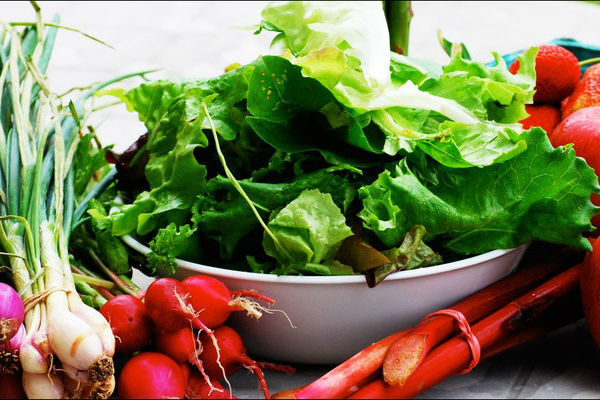 A new study conducted by researchers from the University of East Anglia explored how vitamin C can be an effective additive for consumers to add into their routines to protect their muscle mass.
A new study conducted by researchers from the University of East Anglia explored how vitamin C can be an effective additive for consumers to add into their routines to protect their muscle mass.
Recent studies have highlighted the ways the body naturally weakens over time. While exercise is a key component, experts say that vitamin C can also add noticeable improvements.
“People over 50 lose up to one percent of their skeletal muscle mass each year, and this loss is thought to affect more than 50 million people worldwide,” said researcher Ailsa Welch. “It’s a big problem, because it can lead to frailty and other poor outcomes such as sarcopenia, physical disability, type-2 diabetes, reduced quality of life, and death.”
Staying strong into older age
To see what effect vitamin C can have on consumers’ muscle mass, the researchers analyzed over 13,000 responses to the European Prospective Investigation into Cancer and Nutrition (EPIC) Norfolk Study. For one week, the participants kept a detailed log of their diet while the researchers administered blood tests that measured the exact levels of vitamin C in their blood.
Compared to participants with the lowest levels of vitamin C, the researchers learned that higher levels of vitamin C were associated with improved muscle mass. According to Welch, the vitamin plays a key role in protecting the body against age-related decline.
“We know that vitamin C consumption is linked with skeletal muscle mass,” said Welch. “It helps defend the cells and tissues that make up the body from potentially harmful free radical substances. Unopposed, these free radicals can contribute to the destruction of muscle, thus speeding up age-related decline.”
Easy diet intervention
These findings are important for consumers because incorporating more vitamin C can be a rather easy fix that could help protect against disease and improve the overall quality of life. The researchers also found that while many of the participants were on the lower end of vitamin C consumption, huge changes weren’t necessary for them to reap big benefits.
“We are very excited by our findings as they suggest that dietary vitamin C is important for muscle health in older men and women and may be useful for preventing age-related muscle loss,” said researcher Dr. Richard Hayhoe. “We’re not talking about needing mega-doses. Eating a citrus fruit, such as orange, each day and having a vegetable side to a meal will be sufficient for most people.”
Become a Harlem Insider!
By submitting this form, you are consenting to receive marketing emails from: . You can revoke your consent to receive emails at any time by using the SafeUnsubscribe® link, found at the bottom of every email. Emails are serviced by Constant Contact








